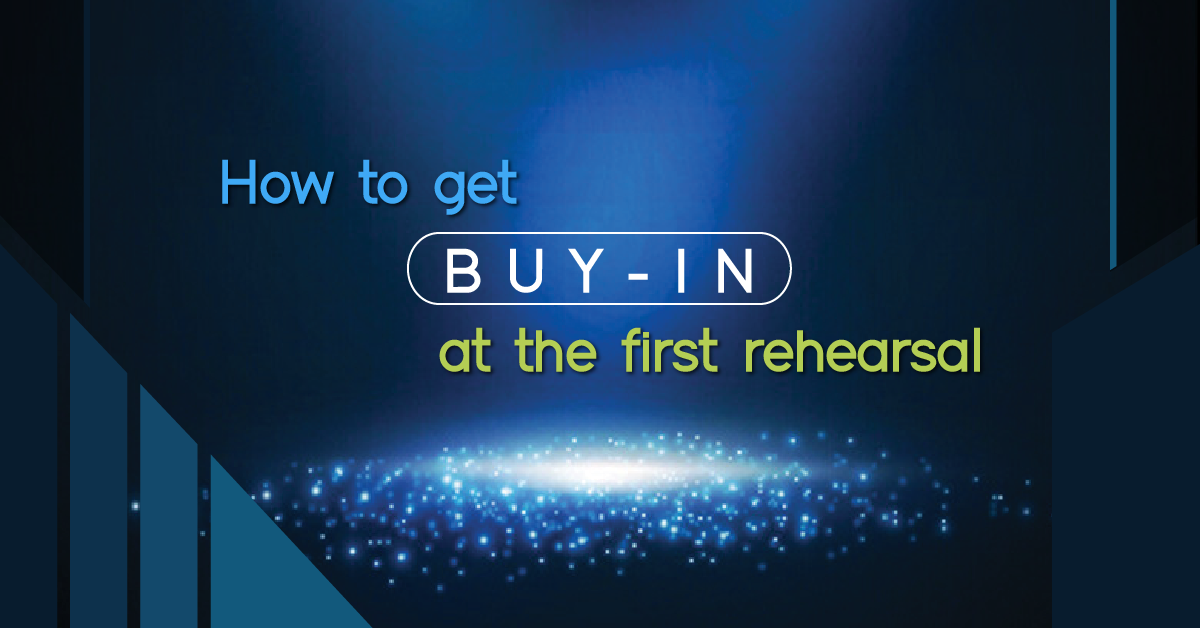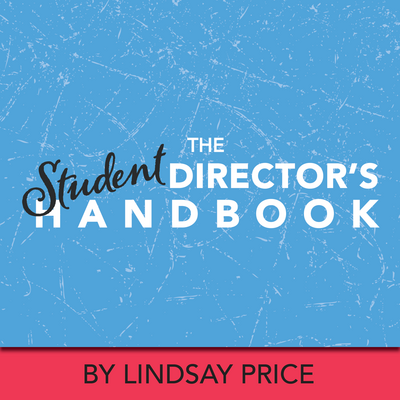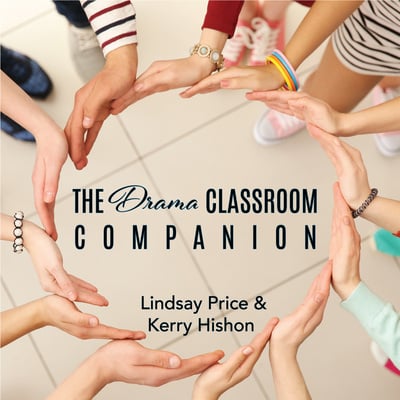The First Rehearsal Read-Through: Yay or Nay?
When working on a production with students, one of the first rehearsals (if not the very first rehearsal) is often dedicated to a full read-through of the script. This generally consists of the full cast assembling together in a room, sitting in a circle, and reading the full show out loud, with the a stage manager reading the stage directions.
While this initial read-through can have many benefits, I’m going to go out on a limb and ask the question: “Is the first read-through an absolute necessity?” I must admit that for the past few shows I’ve directed, I have skipped the read-through altogether.
Let’s look at some pros and cons of having a first rehearsal read-through.
Yay!
First, and possibly most importantly, it brings the cast together for the first time so they can get to know each other. It gives them a chance to hear the full show, out loud. This is especially important if it’s a show students aren’t entirely familiar with. If the show is a musical, students can hear the music as it will be performed in the show. If possible, let them all sing along. This is a great bonding opportunity and, for many of the students, it might be their only opportunity to sing some of the songs (especially the solos).
It gives students the chance to notice any cuts or changes to the script, particularly if the show is based on a book or film, or if it’s a school or “junior” edition of a famous show.
It gives you, the teacher/director, the opportunity to listen to the cast’s initial interpretations and thoughts of the characters and situations. You can listen for how lines sound, how jokes land, how words might be mispronounced, and how students react to the show. You may also notice potentially difficult or problematic scenes to block or choreograph.
It gives you the chance to explain your vision for the show, and answer any questions that students may have about the script or show. With the cast fully in attendance, everyone will be able to hear and understand your plans. This is your chance to get them really fired up about the experience! It’s also your opportunity to explain rehearsal procedures and expectations, and convey any important information that the cast must know about, like rehearsal and performance schedules (including off-book day).
Nay!
A full read-through can be a lot to sit through, particularly for younger students. While it’s good practice for being quiet backstage, sitting for long periods of time can get tedious (especially for ensemble members, dancers, or students with few lines). They may feel that they are less important to the whole of the show. While we know this isn’t true, it’s important to remind students of their importance to the team (no matter how small or big their role is).
It can get confusing if any roles are double-cast. Will you have your double-cast actors read in unison, or split up the lines? (Perhaps one actor can read during Act One, and the other during Act Two.)
It can be seen as more beneficial to the cast than the crew. It may appear that there isn’t much for the assistant stage managers, designers, or techies to do during an initial read-through. You may want to figure out an alternative activity for the crew– perhaps they can start working on designs and planning at the same time.
If you have limited rehearsal time, it may be more helpful to your schedule to skip the initial read-through in favour of getting right to work. I rarely schedule a read-through in my rehearsals anymore; rather, I like to start my first rehearsals by learning a big group number, or blocking a full-cast scene. This way, the full cast gets together and gets to know each other, but they also get right down to work.
What are your thoughts on the initial read-through? Is it a vital part of your rehearsal process, or something you leave out? What are your best tips and tricks for having a great read-through? Share them with us!
Kerry Hishon is a director, actor, writer, and stage combatant from London, Ontario, Canada. Check out her blog at www.kerryhishon.com.
Related Articles
The Student Director's Handbook
by Lindsay Price
Help students take their show from first audition to opening night with The Student Director’s Handbook. This easy-to-use ebook is full of guidelines, tips and templates designed to help students create a vision, circumvent problems and organize rehearsals on their way to a successful production.
The Rehearsal Companion
by Kerry Hishon
You’ve chosen the play, paid the royalties, done the script analysis, held your auditions, and cast the show. Tomorrow is the first rehearsal. Are you ready? Really ready? The Rehearsal Companion can help!
The Drama Classroom Companion
by Lindsay Price & Kerry Hishon
The Drama Classroom Companion is filled with articles and exercises to build the skills needed for theatrical performance as well as real world skills like creative thinking, critical thinking, collaboration, and communication.






